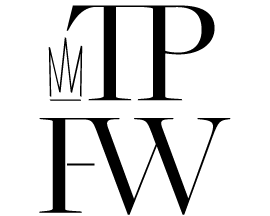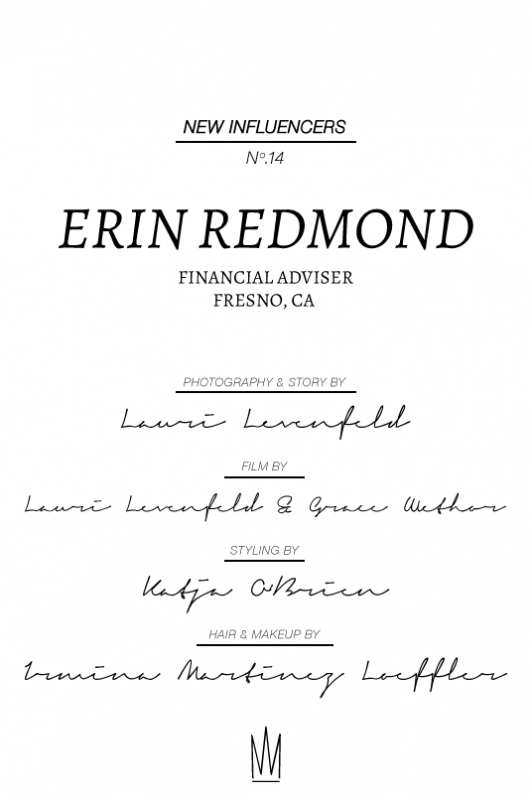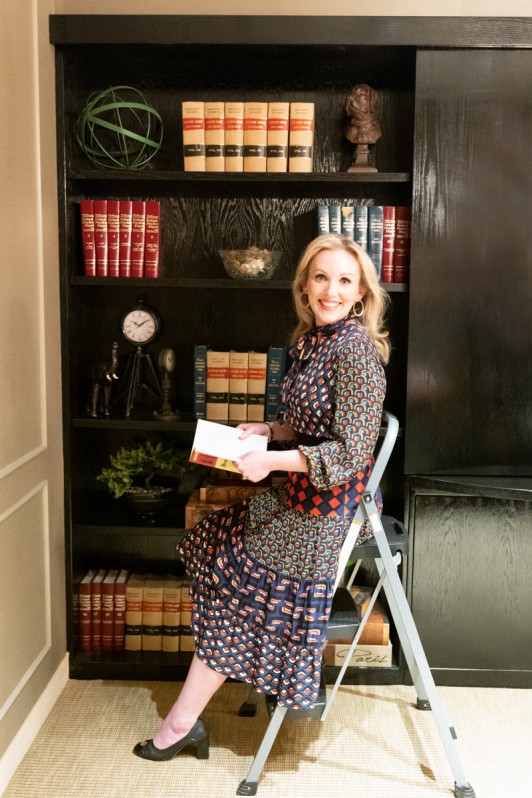 |
|
|
We all have a personal money story. One that has shaped our ability to or inability to have a successful, healthy relationship around money. Whether this script is deep-rooted in a particular family upbringing and/ or generated by the experiences and opportunities (good or bad) in one’s life; an underlying or learned behavior can become the subconscious root in how one relates to money and overall health and wealth. All of which can fundamentally change the prospect and path for one’s financial life journey. For Erin Redmond, a financial advisor with a future MBA in Financial Psychology, her personal money story (and financial chaos) became the primary motivation for truth and change when she met and married her husband Nik. What they learned together over the early part of their relationship gave Erin the necessary confidence and resources to change her own money habits, while building a secure financial foundation for her family. This education and experience not only helped Erin to grow and prosper, but gave her the knowledge and resources to help others while finding her true life calling.
1. Who are you today? What were you like as a child? As a child, I was deathly shy and reserved. I had a rare blood disease as a toddler and, because of a lowered immune system, could not socialize with other children until the age of five. I often joke this is why I have a quirky personality, yet I am quite sensitive. Both of my parents worked growing up, my dad traveled every week, and my mom was building her financial advisory practice. My grandmother watched my sister and me after school while we created some serious award winning rollerblade dance routines, or so I thought. Overall, I have really fond memories of my childhood. We were always outside riding bikes, swimming, or forcing my poor dad to film our cool skits and dance routines. Today, I am more outgoing, warm, yet still somewhat reserved. I am not one who enjoys attention and I still struggle with public speaking. I really enjoy learning and believe I will always be a lifelong student. I am genuine and since I am sensitive towards others’ emotions; I let empathy lead the way.
2. Who is Ford Financial Group? Name its expertise. Ford Financial Group was founded by my mother, Carole Ford, in 1992 and began with my mother leading weekly classes on investing at the local adult school for women. The classes were so popular, word of mouth quickly spread and it was hard to fit everyone who wanted to participate into the room. Today, FFG is a team of like-minded individuals holding these same values. We want to empower our clients to live their best lives and to have the financial confidence to do so. Money touches all aspects of life, and so, we are here to guide, educate, and listen. We are genuinely interested in our each client’s life and their goals. We hold their hands during difficult life transitions, but we are also honest in our approach. The truth is sometimes hard to hear, but we provide a roadmap on how to overcome obstacles without judgement. We are experts in financial planning, most advisors here hold their CFP designation.
We work with each advisory client on development, implementation, and maintenance of their financial goals. We are the financial concierge, we want to partner and pave the way so people feel secure about their financial life. We specialize in retirement planning, rollovers, college planning, budgeting, Trusts, financial plans, as well as inheritances and divorce. We work with a client’s risk tolerance and invest money accordingly. Our approach to financial planning is also a holistic one. We partner with a client’s attorney and CPA, and sometimes a client’s adult children if it is their wish. All hands on deck in multiple areas of life planning is our mission. This not only keeps the other professionals’ clients work abreast of financial planning goals, but can also ease the navigation of some of these more complex issues. |
3. Tell us about your role at the company. Your strengths. I changed my career in 2014 from the online media/marketing industry to a Financial Advisor with almost zero financial knowledge. Money intimidated me, it felt complex. I felt an internal pull to partner with my family and to help carry on my mom’s legacy, so I trusted that feeling. It was the best career decision I ever made. I had multiple roles along my new path. I started by organizing seminars and marketing materials, working the front desk, greeting clients and answering the phones while I studied for my licensing exams. In 2015, I stepped into a role as a portfolio administrator, working day to day with clients under another advisor. I am currently a Partner/ Financial Advisor registered through LPL Financial. I am also currently enrolled in Creighton University’s Financial Psychology MBA program. I hope to help clients with their underlying money beliefs as we move towards their financial goals. I believe that when our habits do not align with our values and goals, it can feel overwhelming and goals can then feel unattainable. This isn’t our fault, our subconscious takes over and keeps us in these patterns unbeknownst to ourselves. I do not want clients to feel disempowered. Financial Psychology is a new niche in the financial advisory industry, and in my experience, highly needed. My personal goal is to create a holistic experience as a Financial Advisor.
I believe my own previous financially destructive patterns led me to this program. I consider myself unique because I didn’t live and breathe finance before I changed careers. I know exactly how confusing all of this is to those not in the industry. Education is therefore a key component of my practice. I want all the random questions. I want clients to leave each meeting feeling a little more financially wise.
4. What is most important to you? Ever since I was young, I have had a fascination with human behavior. I was curious why people do the things they do. I am constantly dissecting my own hard to break patterns, through meditation, therapy, energy healing, or self-help books. If it’s a healing modality, I will try it, because what do I have to lose? I have been curious this way my entire life, and while I thought I was perhaps neurotic, looking back, I have been able to break some of the strong habits that have held me back in the past. I believe in healing modalities.
My family is the most important thing to me. I love spending time with my family, even if the weeks are quite hectic trying to balance work, school, and kids’ schedules. Nik and I working together also affects our schedules. We check in with each other each Sunday and go over our week. If the kids are out of school, Nik and I work together and trade off working from home. Personally, I am in a place in my life where I am more accepting of who I am. I feel more sure about my decisions in life. Maybe this is an age thing, but as I have gotten older I don’t feel as attached to accumulating material stuff. I love wearing my “house clothes’ (let’s be real who doesn’t) and running errands without makeup on weekends. I love comfort and ease and in fact try to prioritize it in my day. I try even if in 10 min spurts to have some me time. I am an introvert, so I am wiped out after social outings, and need time alone to decompress. That’s where I concentrate on my hobbies. Gardening, for example, relaxes my body and mind. Being in nature has always calmed my self-critical nature. I also want to stay strong and independent physically as long as I can.
I am passionate about helping women gain financial confidence. I want to work with women of all ages, in various financial situations. I am passionate about reducing the stigma around discussing money. I want to grow a community of like-minded women, who not only want to empower themselves financially but also be able to communicate their fears about money in a supportive environment. I admire my mother, as I witnessed firsthand the amount of work and sacrifice she put into growing her business. I admire the women paving the way in their industries for the next generation. I admire those who are authentic and those who are optimistic even during a setback. |
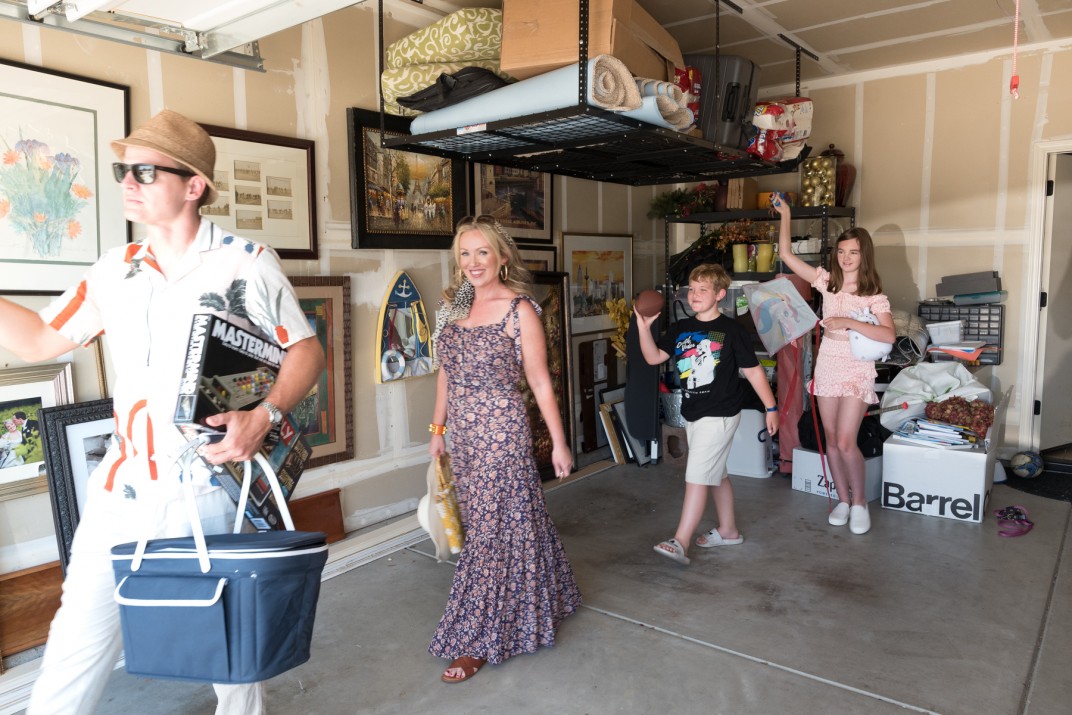 |
 |
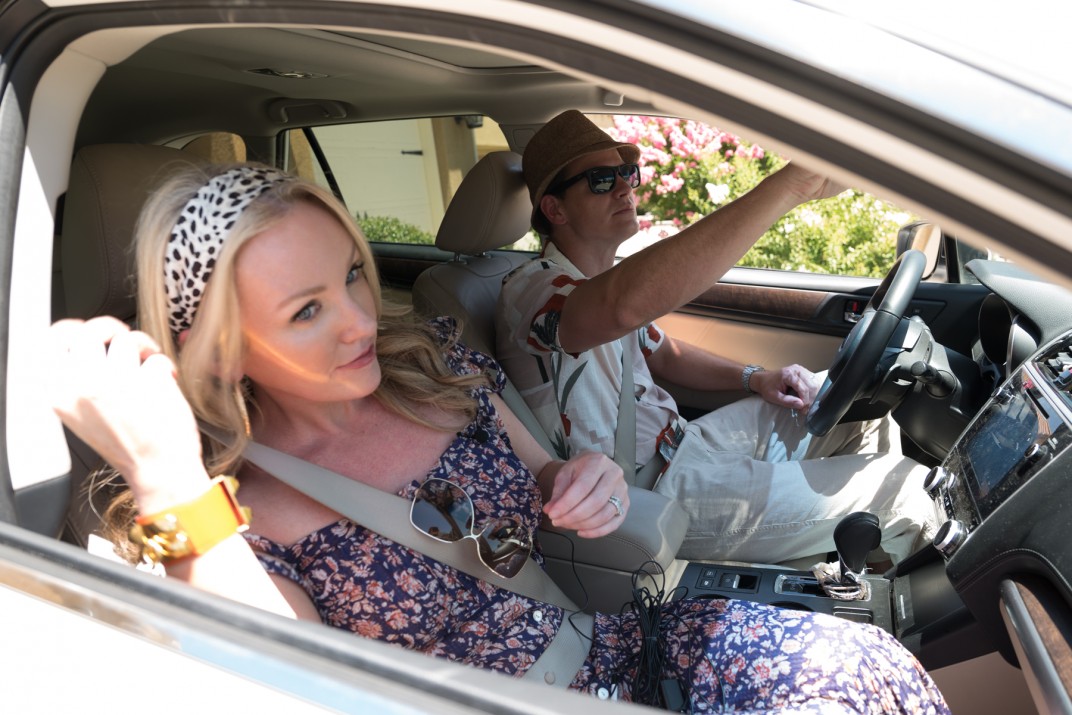 |
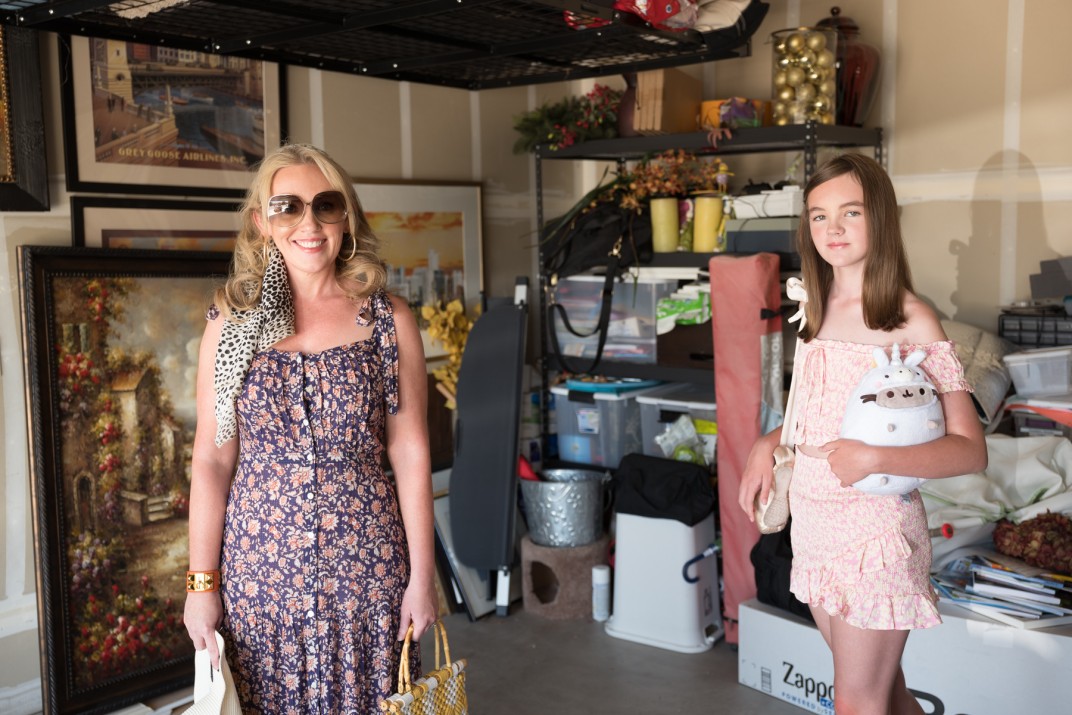 |
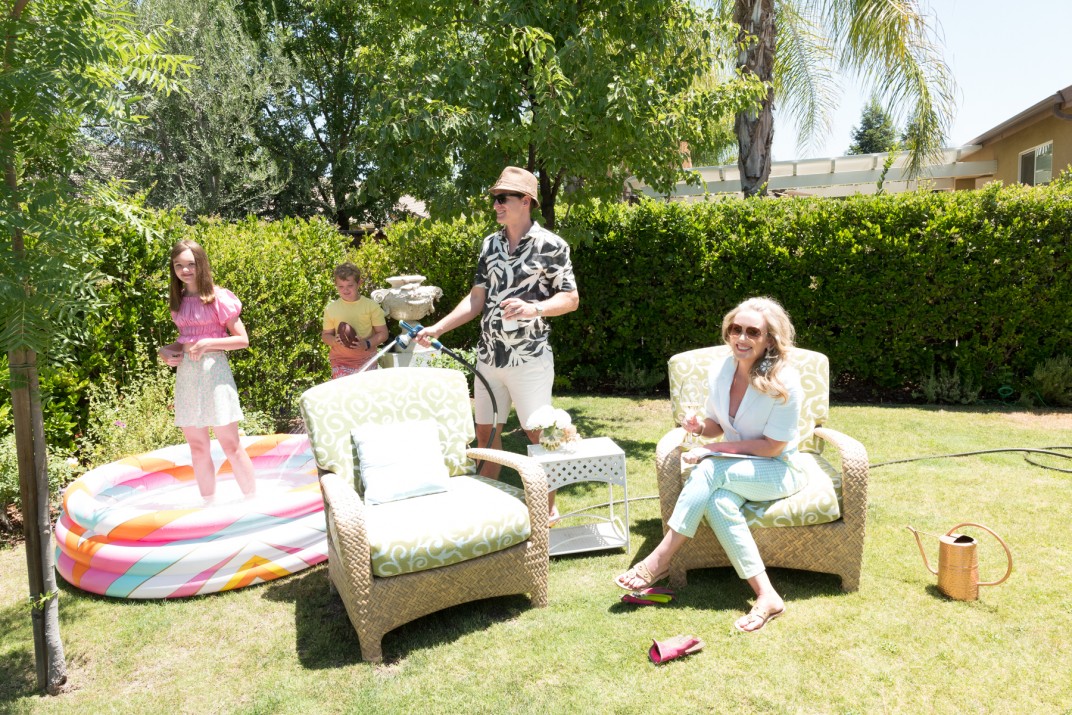 |
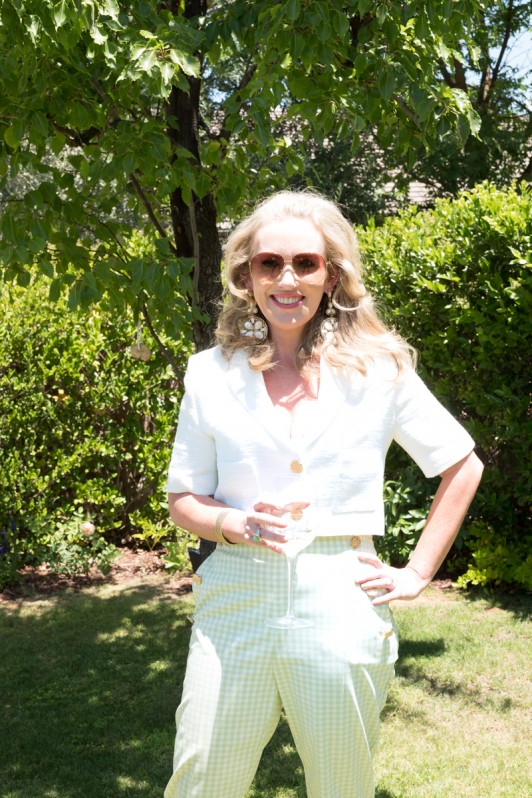 |
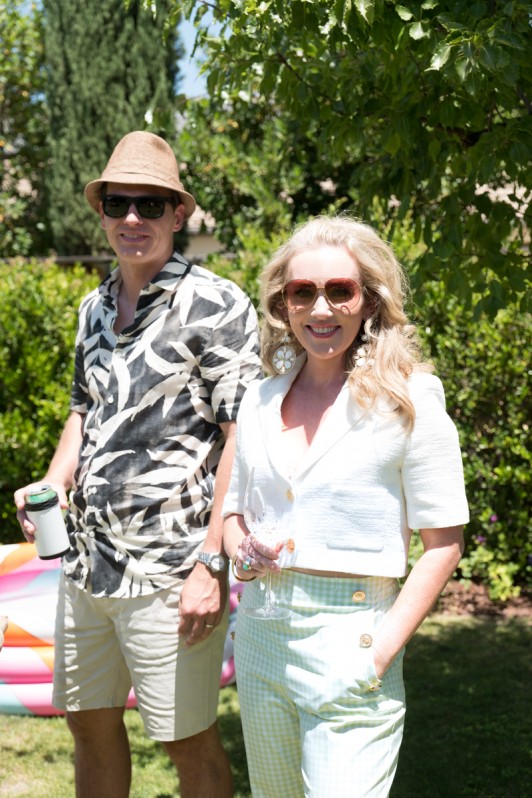 |
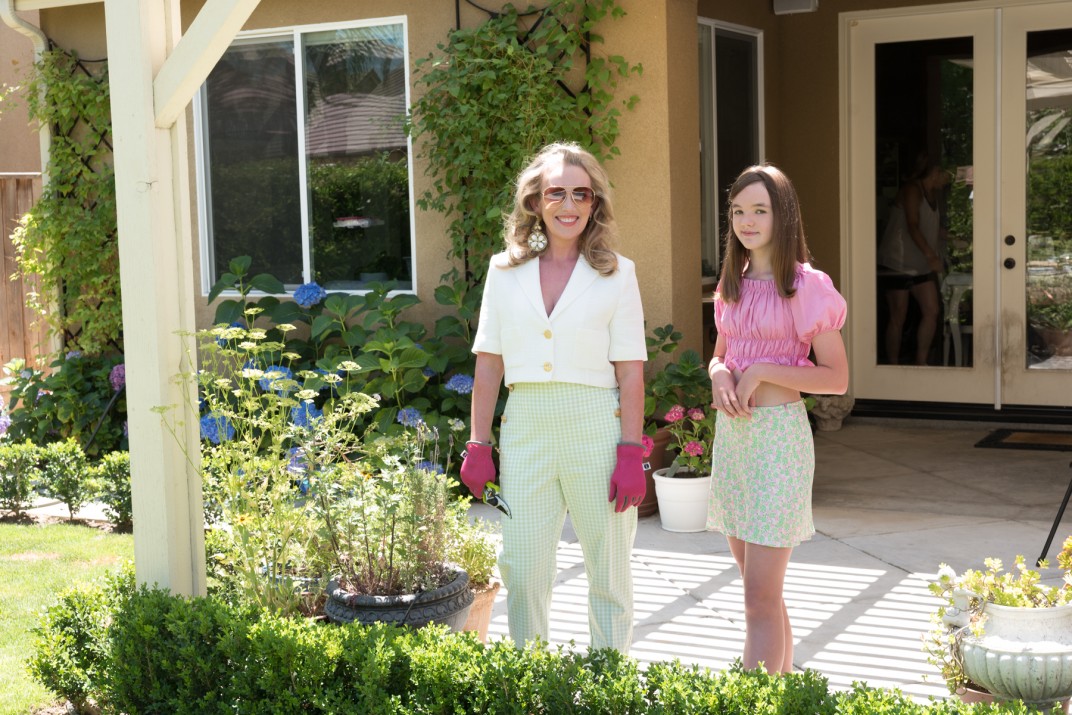 |
 |
|
5. Are there particular individuals you are looking to spearhead working with? I have noticed over my time as an advisor that a majority of our clients are over the age of 50. We do not see many younger individuals come through our doors. My sense is there is an intimidation factor when meeting with an advisor. I imagine most people put off planning for retirement until they feel it is literally around the corner for them. When you have a family, career, and day-to-day obligations, planning for retirement usually takes a backseat. Therefore, my mission is to connect and work with women and partner with my husband on couples aged 50 and younger. I would love to see more women becoming proactive about their financial health. As women, we absolutely need to have a basic grasp of financial knowledge. I heard many stories growing up from my mom about horrible divorces where the husband hid or spent their money without the wife ever realizing until it was too late. I have witnessed this even within the last several years myself, and it felt like a punch to the gut. I want to change the dynamic women have with money and investing. We live longer than men, therefore it is imperative to not only learn, but to plan and take full control of our financial lives.
6. What is the single most important thing for you to provide your clients? Value and trust. I want my clients to know they can be open with me, that they can talk about what is worrying them, what is going on with their life and/or what may impact them financially in the future. I want them to walk away with clarity and confidence about their investments. Ford Financial Group is a true teamwork approach, and by working together with the client, we want to provide confidence about their financial future.
7. How important is it to be financially responsible? I believe financial responsibility is the ability to look at your financial habits objectively, and to be willing to create new habits more in line with your financial goals. This is much easier said than done. I imagine an artist with a chisel chipping away slowly at a sculpture, this is how we tackle and heal our habits to work for us not against. Understanding the root of why you overspend, or say the opposite (why you save every penny) is critical. You may save every dime because your parents did the same thing, always worrying about not having enough. You may overspend or impulse shop when you are stressed out, because it makes you feel better at that moment. I know this because the latter was my previous money story. Understanding current financial habits can bring incredible clarity into the subconscious beliefs about money.
How I began to heal my own money issues was to journal the why on everything. I would start my journal prompts with statements justifying my habits, but following with why? Eventually clarity did come. Granted at first I couldn’t think of why I did anything deep down. But the more I wrote my thoughts, over time I started to see my own money patterns. Once I could see why I was spending when I had a bad day, I could work on healing |
that pattern. No one is perfect, and I am open about my irresponsibility with spending when I was in my 20s because I believe my story is relatable. With my own children I understand that up until 7 years of a child’s life, their brains are little sponges absorbing everything in their environment. I try to keep that in mind when I talk about money with my kids. I use real world examples with money. For example my daughter, who is nine, saved one week of allowance (about five-ten dollars) and wanted to go to her favorite store Target and buy a toy she’d been wanting. When we found the item and she looked for the price, it was as if a lightbulb went off in her head. She looked at me and said “ohhh I have to save more allowance so I can buy this.” Which then brought up the discussion of saving and patience. That you can have anything you want, you just need to work for it, plan, and prepare for the desired item. Granted that day we did use her five dollars for some hair accessories, but she understood the concept of saving and I hope it sticks with her.
In terms of our family’s financial planning we made sure we created a family trust with POA’s (Power of Attorney) for healthcare and finances once the kids were born. This way if Nik and I ever passed away together, we have the peace of mind that our kids will be well taken care of because we named who would take on the caregiver role. We also have term life insurance on each other so if one of us passes away, the living parent can have some guaranteed extra money to support them. We also contribute to our IRAs (before tax retirement plans) annually, and have set up 529 College Savings Plans for the kids. Each birthday we ask for contributions to their plans as gifts from the family, in addition to the small present they receive.
8. What do you hope to provide others by sharing your own personal money story? To show that we are human and understand financial stress. I have gone through some really hard financial times, alone and with Nik. We also grew up in two households that had an opposite view of money, spending, etc. Our money stories are still a part of us, but we recognize our unique money habits and work through them together. Id love to see money becoming less of a taboo subject, I’m not saying tell everyone you know how much you make, but between friends whom you trust or family, talk it out, you might learn something from that individual, or see a different perspective. I have yet to meet anyone perfect with their money. |
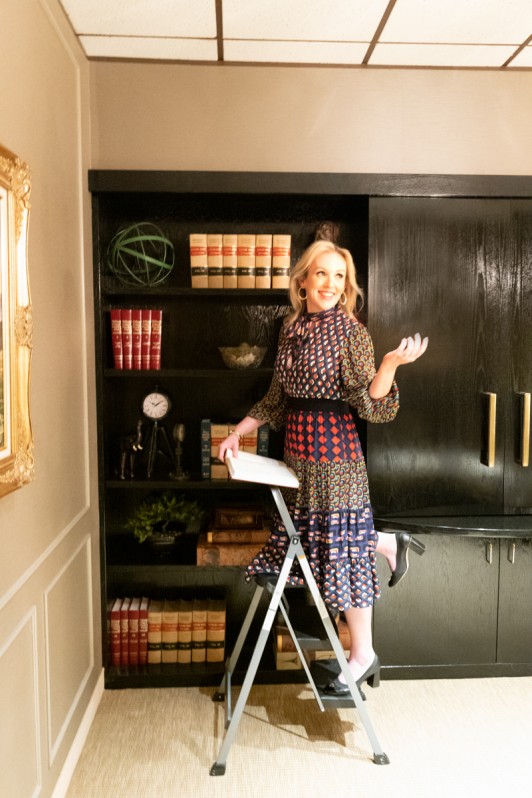 |
 |
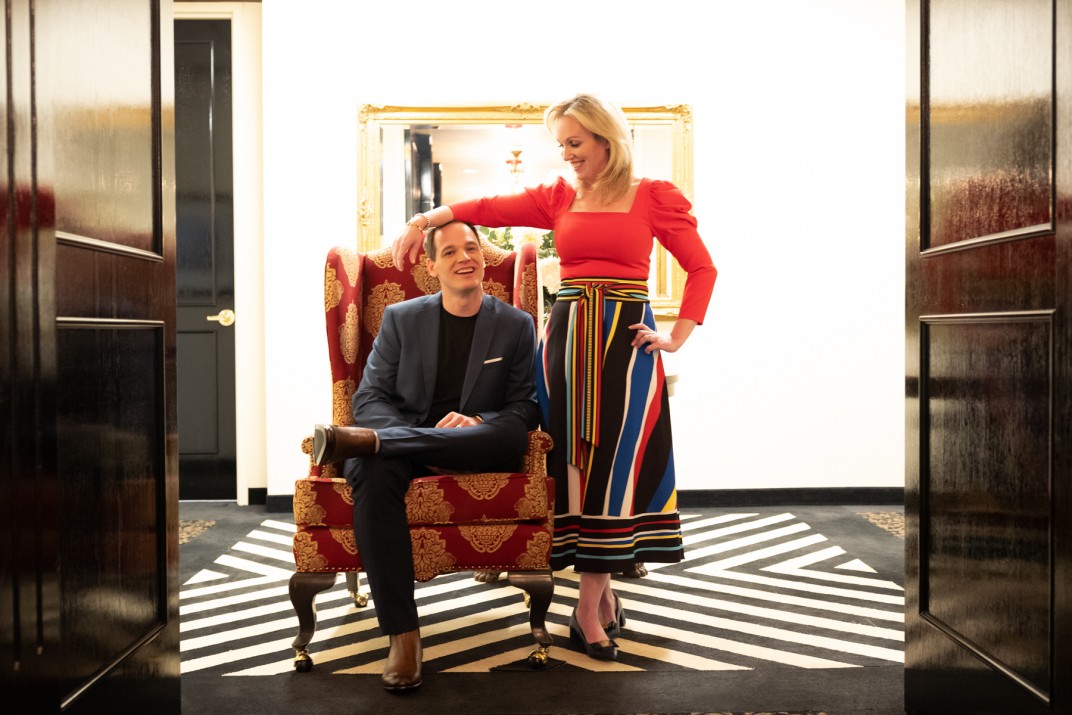 |
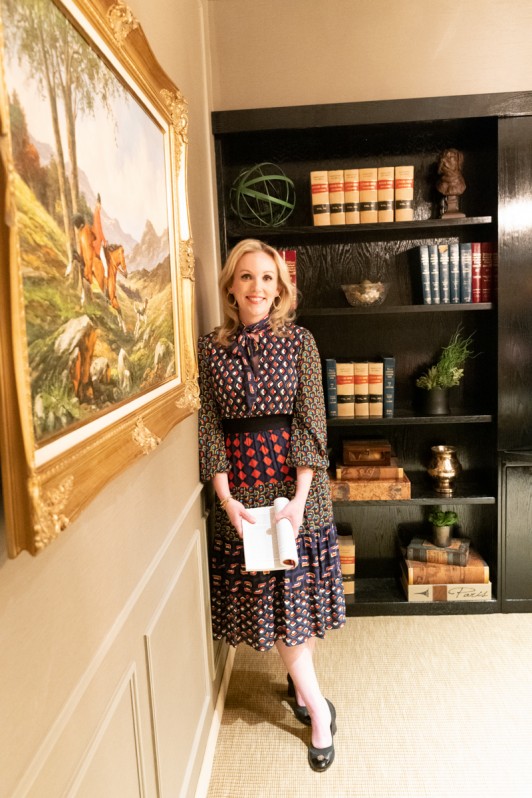 |
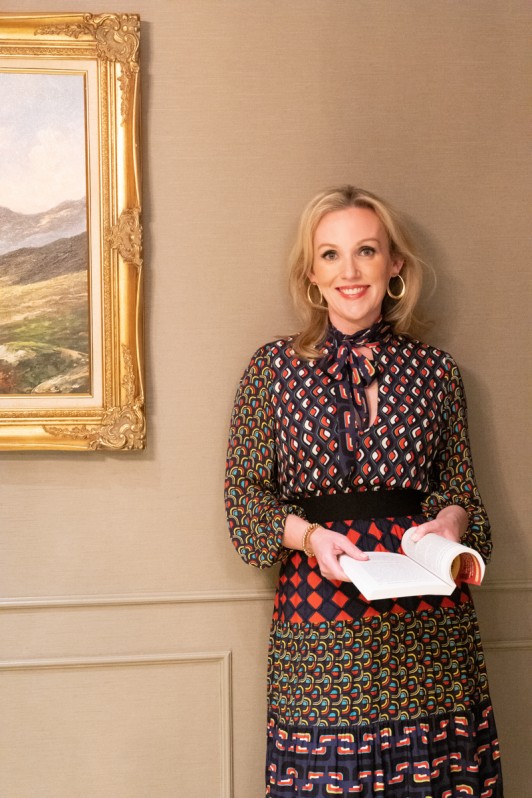 |
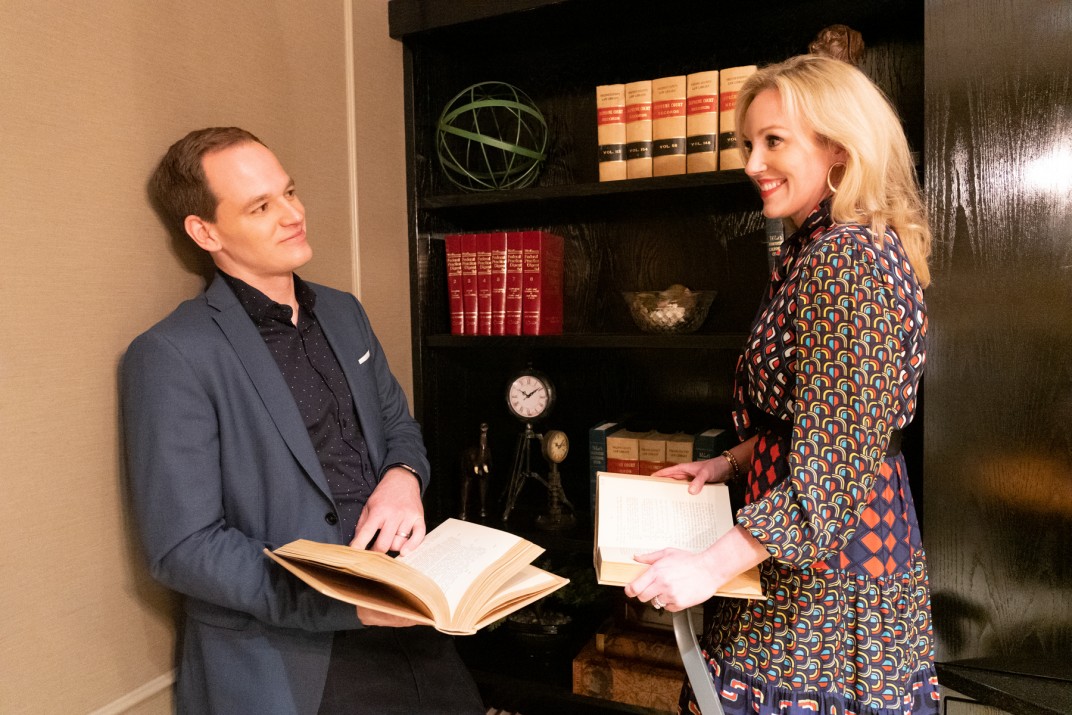 |
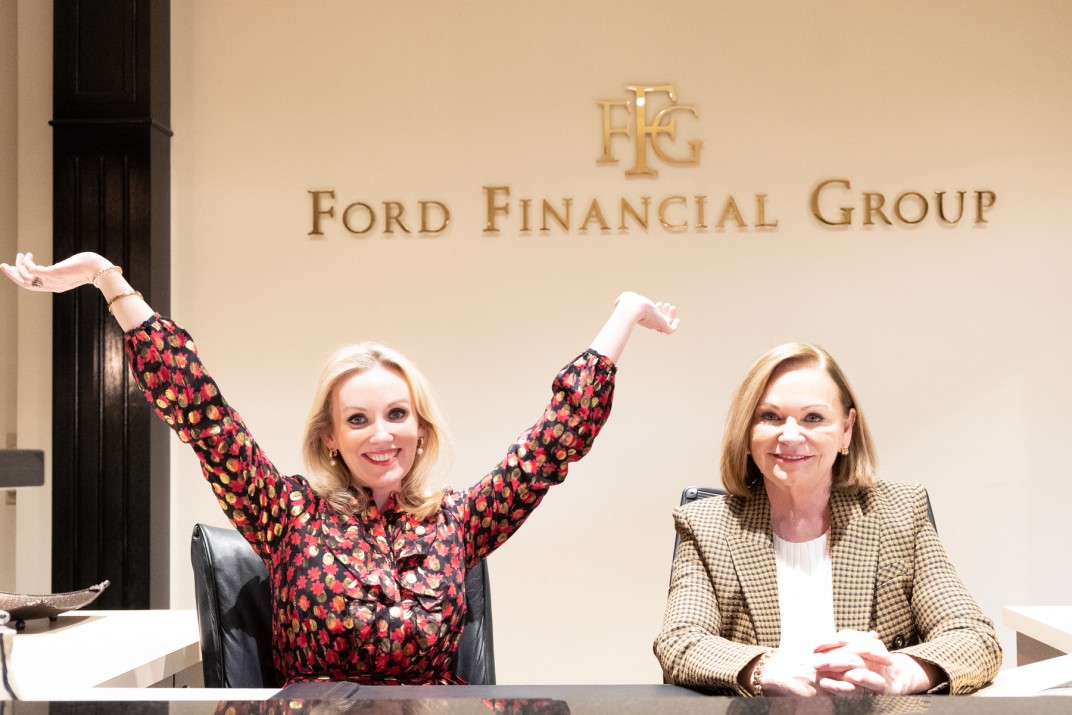 |
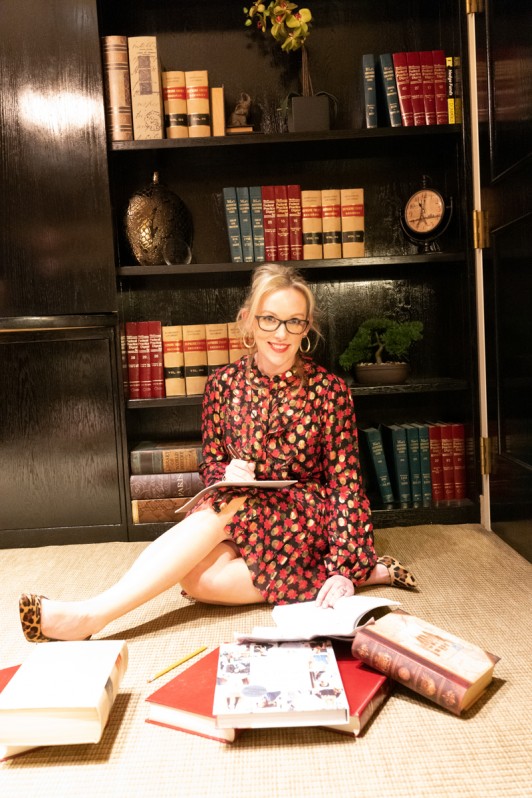 |
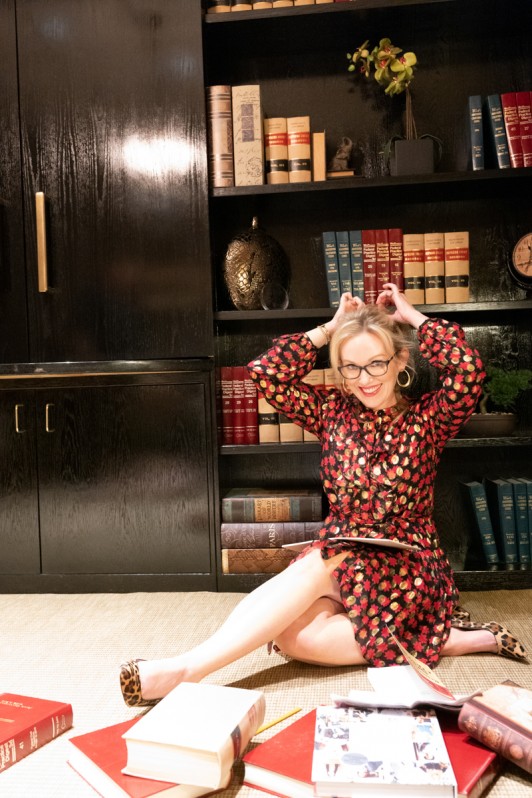 |
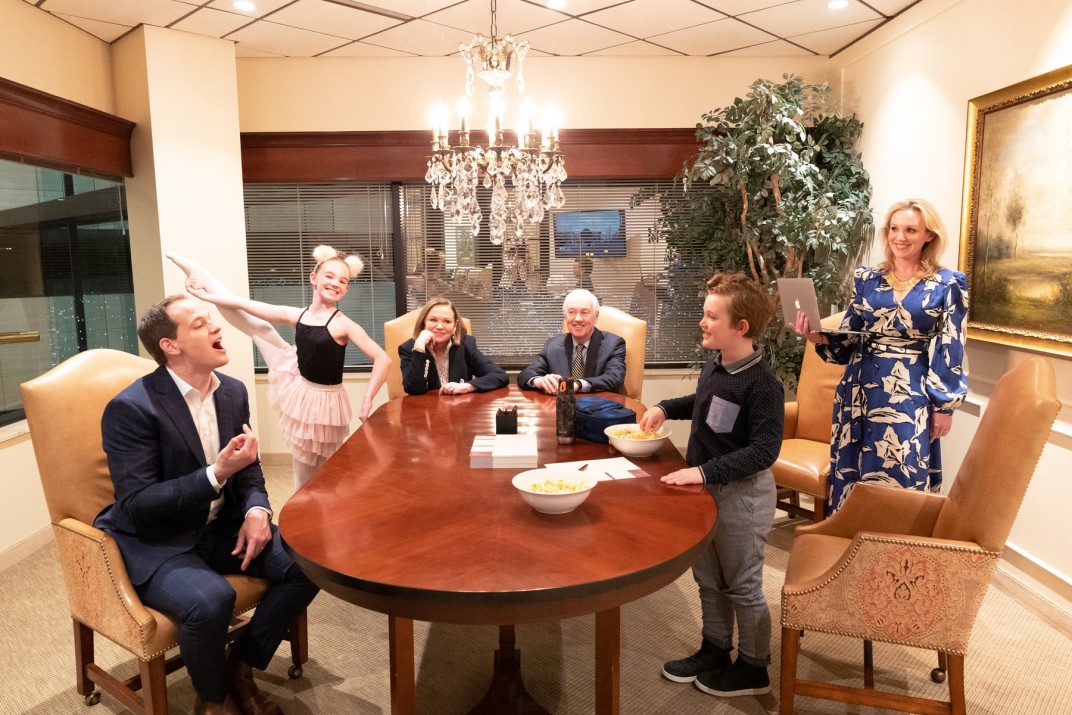 |
|
9. What steps can others take in order to better their financial health and wealth? Daydream. Imagine what you want for yourself, family, etc in 5, 10, even 20 years. Write it down. Use that to help you get started. Start reading about money in general, a great resource I like is www.thebalance.com. Use a software that shows you your cash flow and spending habits. Mint.com is what I personally use, but there are several out there. They put your spending into categories, you can view your patterns visually here as well. Just get curious, start maximizing your retirement plan contributions if you have some extra cash saved, and always make sure to put enough in to receive the full matching % from your company. And finally, take that step to research and find a financial advisor whom you feel listens to your concerns.
10. Why is Gen Z a focus for you? Nik and I are Gen X’ers. Yet we do not look at someone younger than us and think we are more intelligent. Sure, I have had more life experience, but this life experience drives me to inspire and set the generations below me up for a healthy mindset around money. Retirement is closer than you think. The earlier you can start saving and investing, the longer the time that money has to grow. Both of our kids are Gen Zer’s. I think this generation will be instrumental in making this world a better place, corny yes, but I believe it. |
11. Is education the way to best empower- how? My dream is to have personal finance education a priority in schools, getting more complex as they age. I’d love to partner with a non-profit who educates school staff/teachers on how to teach these topics in their classroom. Or partner with a non-profit who uses volunteers to go into the classroom to teach in a fun and memorable way.
12. How will you continue to modernize your practice? Now that Zoom has gained traction over the last year, I am excited to incorporate this into my practice. I am happy to have meetings in person or over zoom. I have a genuine interest in teaching key concepts in an understandable way, in fact I am working on a Financial Jargon cheat sheet. I plan to send this cheat sheet to any new prospect before our initial meeting. I am working on a YouTube channel with Nik where we go over key terms, situations or current economic events. Together our videos will include talking about times we have butt heads on money, how we grew up differently and are continuously learning from each other and our own mistakes. I am reviewing software that helps clients understand their money behaviors, values and goals. Finally, I am researching a pay for advice model to help those who want advice, but have most of their investments in their company’s retirement plan. The pay for advice model would be a separate service to our traditional advisory services. |
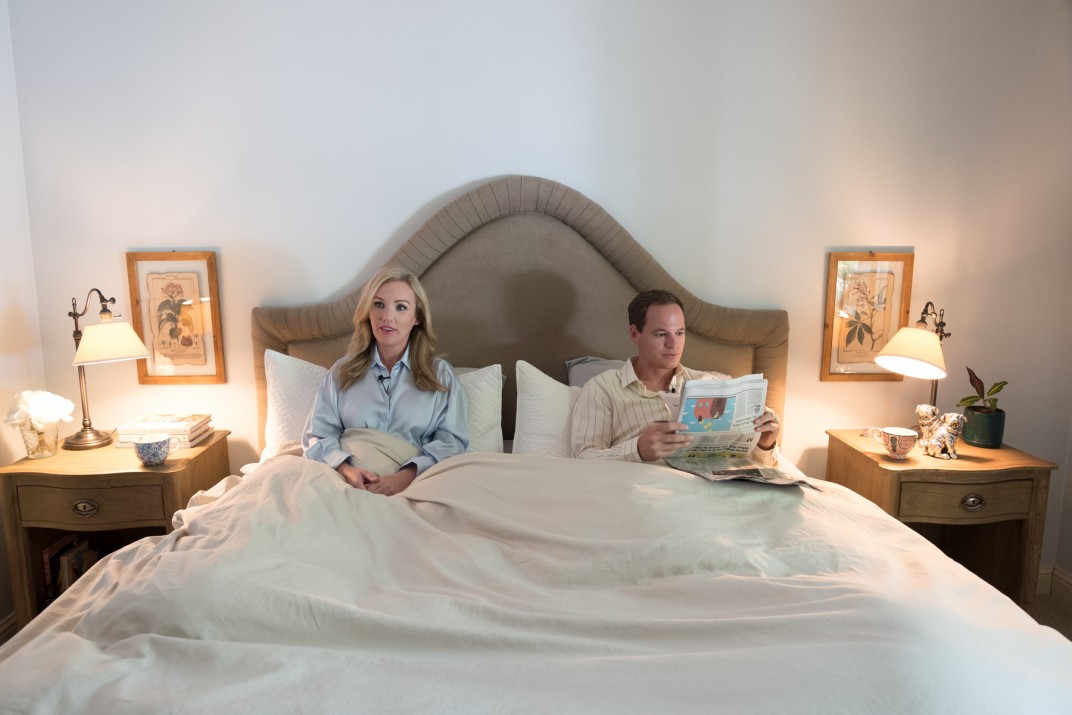 |
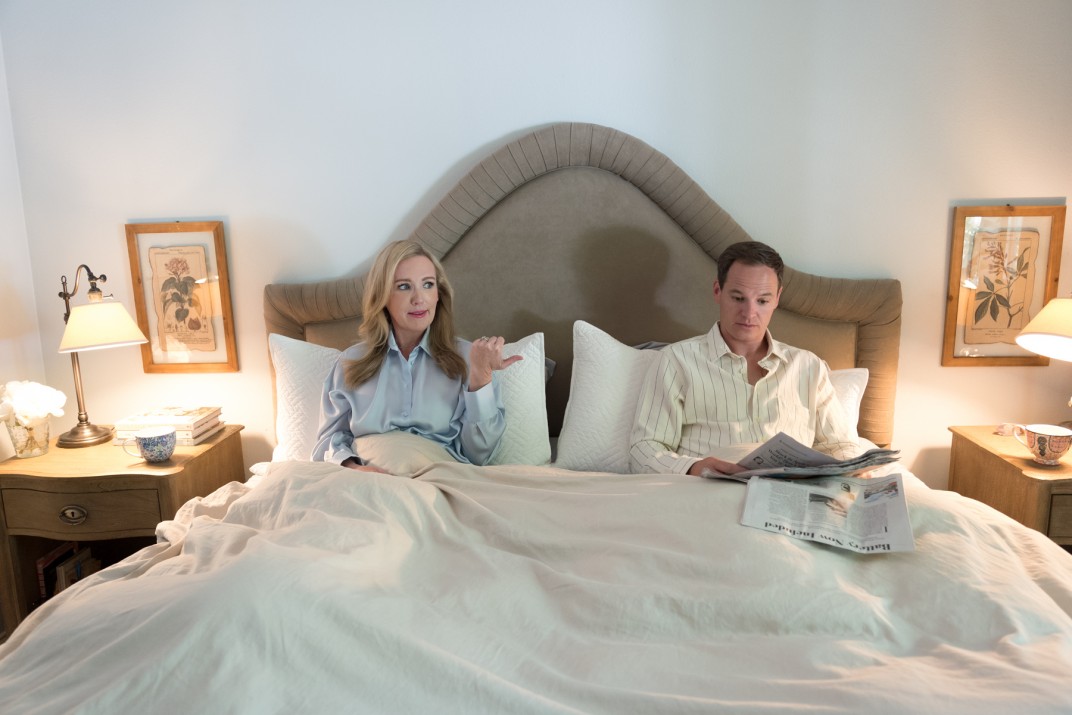 |
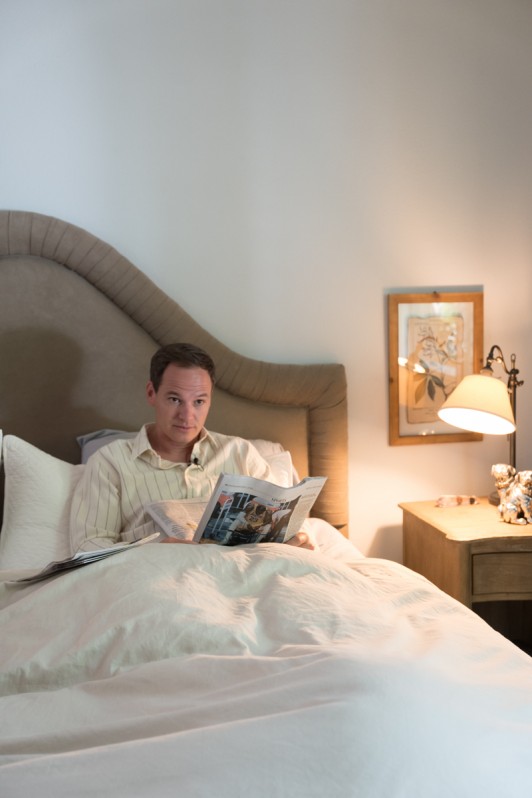 |
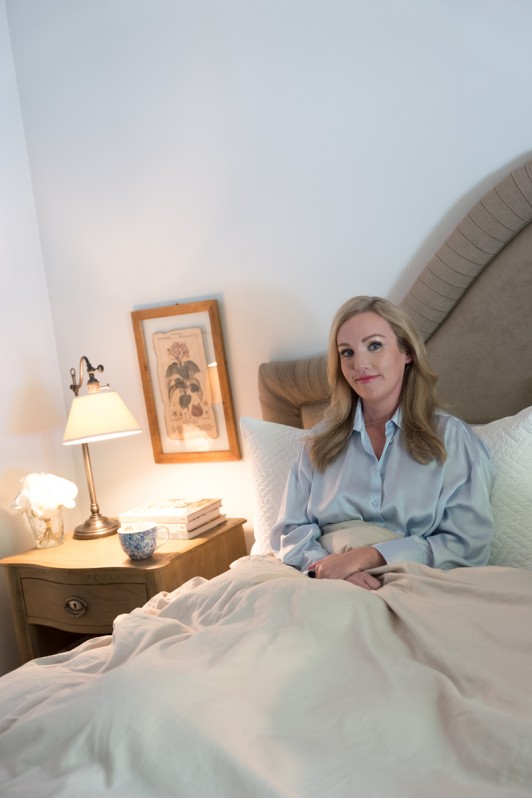 |
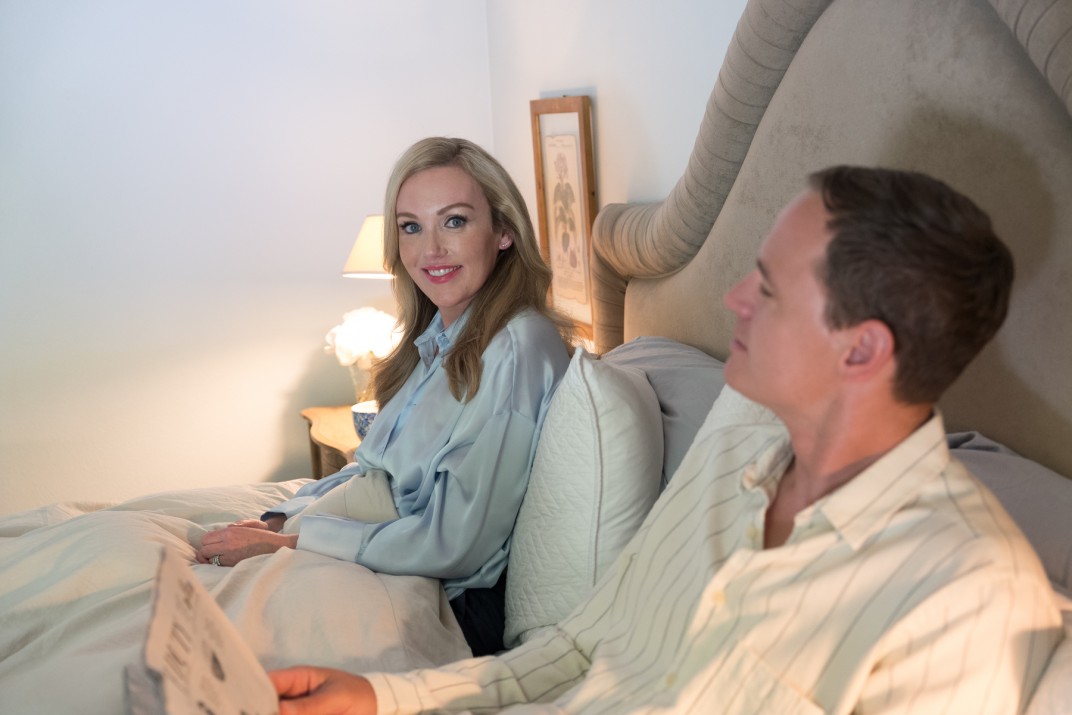 |
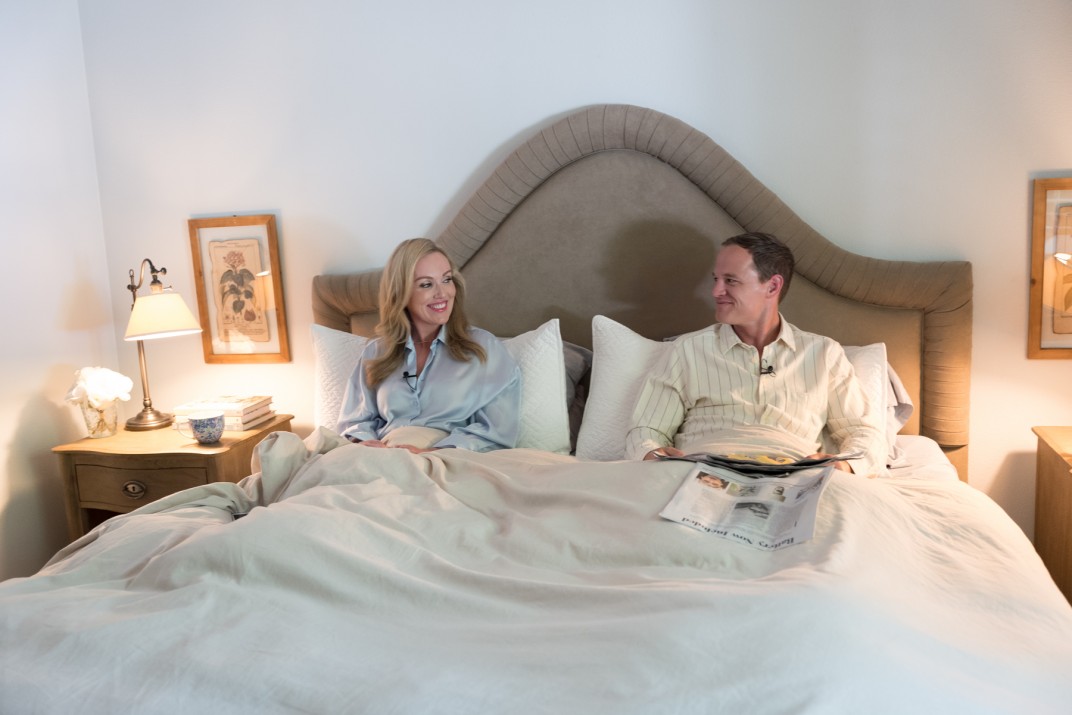 |
